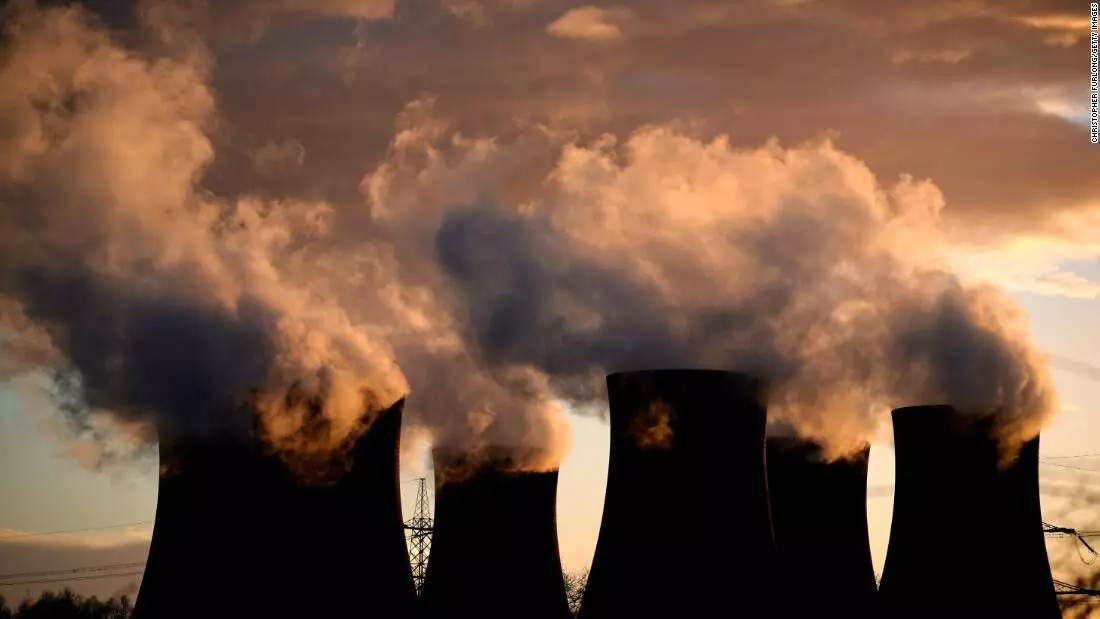
The dangerous neglect of climate
text_fieldsImage for representation purpose only
The monsoon has been weak. What is more worrying than the problems posed by lack of rains, is the weather eluding forecasts. This crisis, forgotten amidst the fight against the pandemic, is showing its potential like never before. In Canada, over 700 have died due to heatstroke and forest fires. High temperatures are being witnessed in northwestern America. High-speed tornadoes have struck the Czech Republic; Japan is witnessing excess rains and landslides; floods have hit Ghana and Europe. In Yakutia, Russia, emergency has been declared due to extreme temperatures. Though weather fluctuations are not a surprise, prolonged and widespread fluctuations point to a global crisis. May 2021 was the hottest month in history. Every year, a new record is set in terms of temperature. In the decade leading up to 2019, the balance in atmospheric temperature balance has been lost. This balance that is maintained between the heat that Earth absorbs from the Sun and the infrared radiation from the Earth back to the Sun. Now, there is more heat trapped in the atmosphere. The 'Heat Dome' that is being experienced in Canada right now is also due to climate change. The number of refugees from rising sea levels keeps increasing annually. It is estimated that there will be 5 crore such climate refugees by 2050.
What should be worrying us more than the depth of the crisis is the neglect of society and governments towards this crisis which arguably needs as much or more immediate attention than the COVID pandemic. Since 1992, conferences and declarations by countries have been happening like a ritual. In Kyoto, Doha and Paris, nations set forward guidelines, and they came to agreements and accords. While the agreements themselves are unsatisfactory, even they have not been fully implemented. Initially, it was decided to include ecocide under the gambit of the International Court of Justice, just like genocide and crimes against humanity or war crimes; however, this had to be dropped because there was no definition for ecocide. While that has been solved now, an international consensus for this could take up to a decade. But the climate crisis requires immediate attention. It is due to ignorance and a lack of will of the political leadership that nations still accord low priority to ecology. Just as the USA using the chemical weapon 'Agent Orange' to clear forests during the Vietnam war was an example of ecocide, the damages caused to the coral reefs in Lakshadweep should also be a crime of no mean gravity.
The reason for finding no solution for climate crisis worldwide is that rather than scientists, it is politicians who evolve and execute policies. Right solutions will emerge only if those with expertise are allowed sufficient role, at least as much as allowed in handling Covid situation. The results of this being absent is seen from Lakshadweep to everywhere else. Even now, we are going ahead with projects such as the K-Rail without environmental studies or advice from experts. The NDA government, too, has a history of anti-environment friendly 'development'. Modi began his reign in 2014 with amendments of so many environment-related laws such as the Environment (Protection) Act, 1986, the Forest (Conservation Act, 1980, the Wildlife Protection Act, 1972, the Water Act, 1974 and The Air (Prevention and Control of Pollution) Act, 1981.
Even now, forty new coal mines are going to be opened under the 'Atmanirbhar' plan. Coal energy is a major source of greenhouse gas emissions; eliminating coal and petroleum as fuel is one of the major solutions to tackle global warming. Moreover, these mines are planned to be opened in very sensitive forest areas, which are the natural habitat of the highly endangered tiger. Be it the states or the Centre, the departments of environments have their task cut out as facilitators of 'development'. Both New Delhi and Thiruvananthapuram should have environment ministries with broader scope and powers, and with scientists at key and decisive positions. At any cost, the urgent measures are needed with prime importance given to the climate.
























